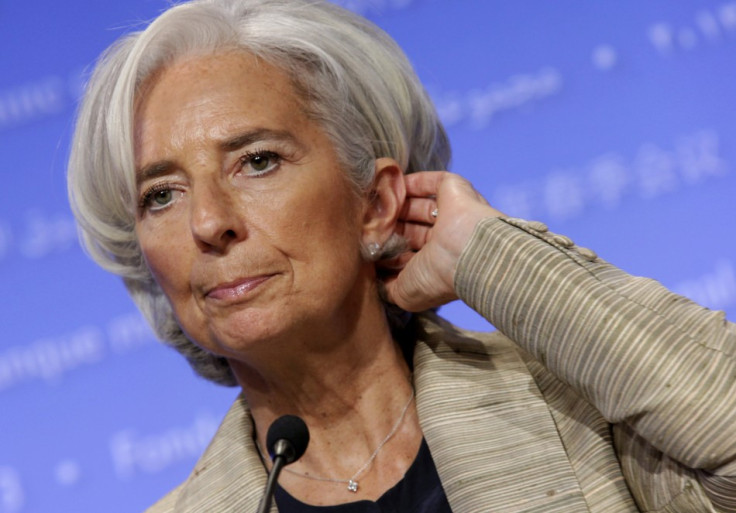IMF Attacks Speed of Global Austerity Measures

The International Monetary Fund has warned that cutting budgets too quickly, in reaction to economic slumps, will cause more harm than good when aiding a financial recovery.
According to an IMF research paper, titled Reassessing the role and modalities of fiscal policy in advanced economies, the Washington-based lender said that while austerity measures are needed to usher on financial recovery, axing public spending too quickly can hinder progress.
"The optimal pace of adjustment depends on the state of the economy, the condition of public finances and the extent of market pressures," says the IMF.
However, while the IMF attacked the speed in which austerity measures have been implemented, in the wake of the credit crunch in 2008 and the sovereign debt crisis in 2010, the report is based largely on hindsight.
The report says that the evidence is still 'inconclusive' and that the recommended pace of budget cuts will be determined by the G20 at a later date.
These latest findings follow fierce self-criticism the IMF made in handling the sovereign debt crisis in Europe, in a separate report published in June 2013.
That report said that the institution had underestimated the amount of damage its proposed spending cuts did to Europe during the sovereign debt crisis.
The IMF used Greece as its main example of how its forecasted trade-off, between how much economic growth Greece would get in return for savage cuts in spending
Greece was held up as the primary example of a country where the IMF's forecasting on the trade-off, between how much economic growth Greece would get in return for savage cuts in spending, was wrong.
Warnings for the Future
The report raised two worrying questions that were left unanswered.
One is the effectiveness of fiscal spending when interest rates have been low for a long time to spur growth.
The second is the ability of huge splurges in public spending too kick-start economic growth when debt levels are dangerously high.
Japan was mentioned as an example an economy affected by these two questions.
Interest rates have remained at record lows, not seen since the mid-1990s, and fiscal spending has failed to boost Japan's economy that has stagnated for last 20 years.
The report said that since 2008 other developed nations have followed a trend set by Japan by posting meagre growth, high debt levels and record low interest rates.
An Intellectual Shift?
The IMF noted that the 2008-2009 financial crisis demonstrated that countries have relied on a degree of fiscal stimulus to stabilise their plunging economies.
Less Keynesian like ideas that argue against government spending to offset a slump, for example "supply-side improvements, such as lower labour costs, could offset much of the negative direct effects of fiscal adjustments" has been undermined, said the report.
It also suggested that policymakers and regulators need to be more vigilant in the way they measure the health of banks, debt levels, and nations' public finances.
They also concluded that central banks must play a more constructive role in tackling a sovereign debt crisis by buying government debt through bond market and currency interventions.
© Copyright IBTimes 2025. All rights reserved.




















